A vast biosphere reserve is spreading throughout the border region between Albania, North Macedonia and Greece. Star photographer Valerio Vincenzo visited the area for KfW Stories and documented the changes in the region where, 30 years ago, the Iron Curtain separated friends and family.
Sometimes borders loom larger in people’s minds than they do in reality. And the further away people are from them, the more insurmountable they seem. The Balkans are considered a veritable minefield in this respect. An explosive mix of religions, languages and ethnic groups that has led to a history of perpetual wars.
So it is all the more remarkable that the tri-border area between Albania, North Macedonia and Greece is a picturesque landscape of rugged mountains, deep blue lakes and green hillsides. Here, farmers still cut grain with scythes while women wear large straw hats as they harvest the fields. The area is home to Dalmatian pelicans and brown bears. An exciting project has been taking place in the midst of this panoramic landscape – an undertaking that not only crosses borders but even goes some way towards overcoming them. KfW Development Bank is financing the efforts of the Prespa Ohrid Nature Trust (PONT).
Its objective is to preserve the rich natural, historical and cultural heritage of the region surrounding Lakes Prespa and Ohrid across the borders that separate the bodies of water and coastal regions into Albanian, North Macedonian and Greek territory. “We are doing this by providing long-term support to four national parks, two other conservation areas and local NGOs,” says Mirjam de Koning, the manager of PONT whose office is located in the Albanian capital of Tirana. “Our work protecting this region is special in that we do not run the projects ourselves. Instead, we assist local people. By doing that, we strengthen the connection between the public and conservationists. At the same time, we are laying the foundation for people to work together across borders and take action to protect the environment. After all, animals and the climate are not contained by the borders that have long seemed so hard to overcome in this area.”
Photographer Valerio Vincenzo was also drawn to the region surrounding Lakes Prespa and Ohrid with its combination of boundless beauty and major obstacles. They are a further point of focus within his large-scale photography project, titled Borderline. Since 2007, the Italian photographer has documented Europe’s disappearing borders and the shared living environments that have developed. Vincenzo always follows the same formula for his series of pictures. On location, he searches for the borders, which have since become invisible. He then finds the perfect place to set up his equipment and takes the photograph so that one country can be seen to his left and the other country can be seen to his right.
Anton Bojazdi is the Director of Galicia National Park. Like his father before him, he has been committed for many years to the protection of nature around Lake Ohrid in North Macedonia.
During his continuing journey through Europe, he has now arrived in the Balkan region, exactly 30 years after the fall of the Iron Curtain, to let Albanian fishermen show him the invisible line where gunshots used to ring. Today, peace prevails in the region – only casting nets on the other side of the border would now be illegal. But Vincenzo does not just want to shoot his now famous borderline scenes here; he also wants to document nature in the context of the PONT project. So he visits an uninhabited island on Lake Prespa with reptile researcher Dragan Arsovski to get an impression of the diversity of wildlife. The North Macedonian researcher is currently studying the tortoises there.
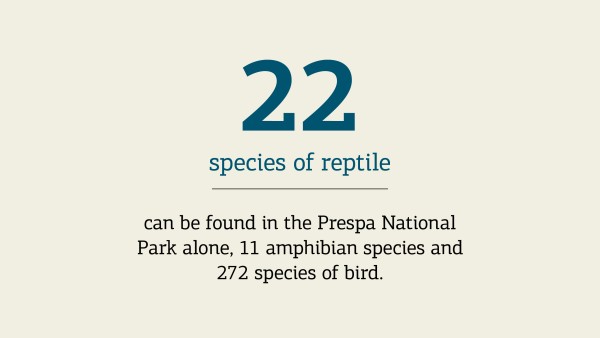
Four-hundred endemic species live in the area. The lake-filled landscape, located at elevations between 650 and 850 metres and surrounded by up to 2,600-metre-high mountains, is one of the largest drinking water reservoirs in Europe. It is a United Nations World Heritage Site. The summer paradise of colourful meadows and deep yellow wheat fields quickly makes visitors forget how hard it can be to live here. People from this poor region have always been drawn to the cities or emigrated directly to Central Europe. And although protecting biodiversity and sustainable use of natural resources is in everyone’s long-term interest, programmes like this can be at odds with the inhabitants’ needs in the short term.
One example is the fishermen who primarily make their living from catching carp. They respect the closed season and use smaller boats than they used to. “But the number of breeding pelicans has significantly increased,” says Kosta Trajce, head of the fishermen’s cooperative in the Albanian village of Kallamas, who has been working on the water for 41 years. “The number of fish eggs found in the shallow waters where these birds build their nests has been steadily decreasing, which affects the number of fish in the lake.”
The guest house and restaurant owners in North Macedonia have lost much of their traditional clientele, citizens of the former Yugoslavia, since the country’s dissolution. They would prefer to create beaches and build hotel facilities to attract visitors.
Some Greek citizens have stoked the naming dispute surrounding North Macedonia for years and jealously guard their borders, refusing to open all checkpoints to this day. Yet they do not have a problem when thousands of Albanians illegally find their way into the country through the forests to supplement their meagre incomes during harvest season.
And then there are the Albanians, the poorest in the region. Firewood for cooking and heating during the winter is a major issue for many of them. As a result, there has been significant deforestation on the mountains on the Albanian side of the lakes. A thicket of green shrubs and bushes covers the slopes where forests once grew.
“Vehicles used to come from all over the country to collect wood,” says Vasil Male, who is responsible for monitoring and managing Prespa National Park. “Illegal felling was routine up until 20 years ago. That has improved since the national park was established in 1999. Today, only people who live in the region are allowed to fell trees. We monitor that and the other ways the land is used.” Large herds of sheep used to roam the slopes and goats loved to gnaw on the tree bark. They gradually ate away at the forests and plants. “We are currently reforesting the area,” says Male. “Now we find a variety of large mammals like bears, deer, wolves, wild boars and wild goats.”
Providing information to people in the region is not the only measure necessary to manage conflict. “We have also made efforts to ensure that NGOs set up local offices so they can work closely with local people and provide jobs whenever possible,” says Mirjam de Koning from PONT. That is how Cveta Trajce came to work at the PONT office. She studied international business and marketing in Tirana and Sofia. After her exams she returned to her home in Prespa. She recently became engaged to a man whose grandfather worked as a beekeeper his whole life. Five families in the villages on the western shore of Lake Prespa still make their living from bees and their honey.
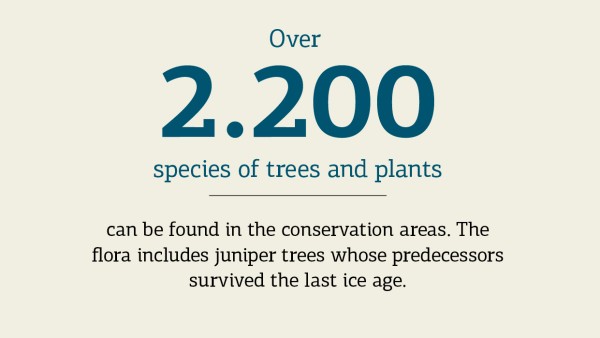
Behind the house in Gorice, Gjorgji Kitan keeps over a hundred beehives. During the past year, the 84-year-old saw the most severe wave of bee deaths he had ever experienced in his backyard within just a few days. “We don’t exactly know why,” says the apiarist. “We suspect that forces are at work damaging nature and the bees are the first victims.” At the same time, Kitan and his grandson were searching for particularly precious wild honey in the region and made a surprising discovery. This year, the wild bees have been producing much darker honey, which tastes better than it used to, in the secret place where the pair have made their most valuable finds for years – one kilo of wild honey sells for around 80 euros four hours away in Tirana. Apparently, these wild bees are feeding on the plants in the small plantations of mountain tea the locals created with support from the national park. Mountain tea has always grown here, but the systematic planting at the park increases biodiversity in the region, as well as helping local people. “People might hear a lot about regional disputes, whether between people in one village or people living on different sides of the border,” says Mirjam de Koning. “But in day-to-day life, a remarkable sense of pragmatism prevails. When in doubt, the local mayors in the various countries use the contacts local NGOs have been building for years to communicate across the borders when necessary. And they are not interested in what the politicians in the capitals of Athens or Skopje have to say about it.”
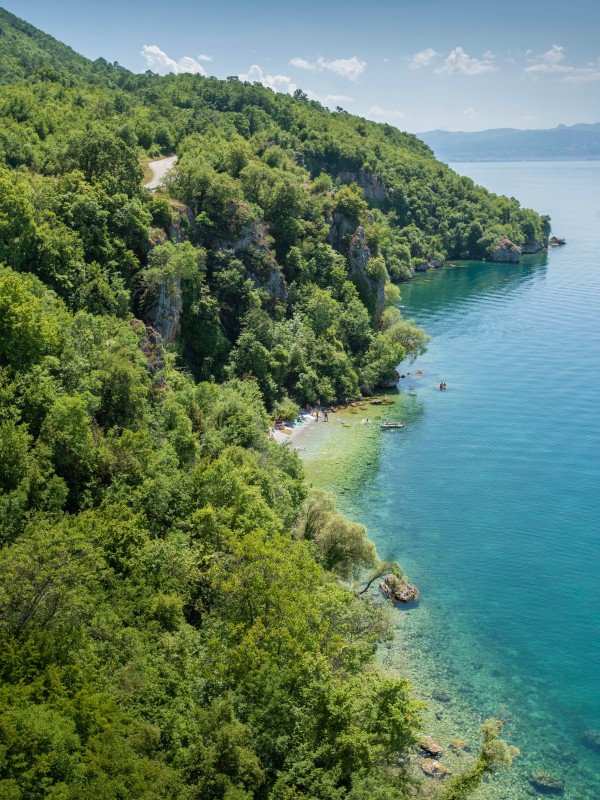
Lakes Prespa and Ohrid enjoy very high water quality – it would be difficult to find a more beautiful place for a swim. However, there are no plans to create new beaches. The aim is to protect the valuable habitats from too much tourism.
It certainly helps that the people on all sides of the borders have a lot in common. Their ancestry is Macedonian, their religion is mainly Orthodox Christian. That also applies to the people who live in Albania, whose population is mainly Muslim. Albania’s development in particular highlights how long it can take to achieve a common future. Until 1991, the country may have been the second most isolated in the world, surpassed only by North Korea. Even if the worst of the Stalinist period was over, the regime forbade residents from crossing the border. Armed patrols with ferocious dogs hunted down anyone seeking to leave the country. Hundreds were killed in the attempt – and those who survived, once caught, were often sent to prison camps. Today, museums tell the stories of the many Albanians who were isolated, tortured and killed. And the remains of small bunkers in the country are living proof of the fact that every citizen was required to seek shelter there within three minutes if the alarms sounded. The regime punished anyone who did not eagerly participate in the night-time exercises.
Germany was not the only country too busy – in its case with reunification and the end of the Eastern Bloc – to appreciate the significant moment when the borders ultimately opened in 1991, and families in the Lake Ohrid and Prespa region fell into each other’s arms after decades apart. Many people had family members who lived on the other side of the respective borders. All Macedonians, all Orthodox, separated by the uncertainties of the Balkans’ history.
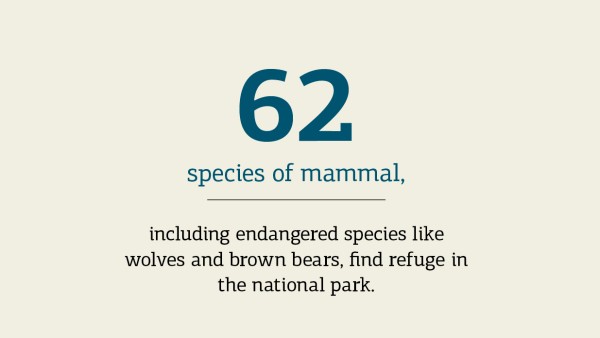
Albania’s isolation ended – a success story for its citizens – while Yugoslavia gradually and violently fell apart into its ethnic groups. The people of North Macedonia gained their independence during the conflict, but their living standards fell relative to the era because they had only been citizens of a constituent republic. And the common language and religion in this tri-border area could not conceal how significant the differences were between the people across the border – an experience similar to that of Germans on both sides of the wall.
People like Robertina Brajanoska embody the contradiction of this development: suffering under a new independent government and hoping for better days. She worked at the North Macedonian Ministry of Environment in Skopje for seven years – and did not extend her contract. “I watched politicians do worse things than just make promises that they never intended to keep. They even founded NGOs to improve their image and only used them for their own political advantage.”
Since then, Brajanoska has been working together with other environmentalists to preserve the Lake Prespa region’s beauty. “Twenty years ago, people thought we were crazy when we counted birds,” she says. “Today, people understand that we have to interact with nature responsibly. That is still incredibly difficult. But with support from PONT and many others, we can do it.”
Everyone understands that we need to transcend dividing lines – both the boundaries in our minds and the physical borders in the world around us. This idea was also what inspired Valerio Vincenzo to start his photography project 12 years ago. He prefaced his Borderline book with a passage of text from author Stefan Zweig. Upon witnessing the new fences, barriers, photographs and fingerprints that became common aspects of crossing borders in Europe after World War I, he once wrote: “This pointless pettiness has cost our generation a great deal of valuable and irretrievable time. When I think of the time taken being searched and questioned at border crossing points, only then do I realise how much human dignity has been lost in this century.”
The described project contributes to the following United Nationsʼ Sustainable Development Goals
Goal 6: Ensure access to water and sanitation for all
There is no life without water! We need it for drinking, but also for producing food in agriculture. The United Nations thus recognised access to clean drinking water as a human right in 2008. However, 748 million people still live without clean drinking water. According to estimates, this causes the deaths of 5,000 children around the world each day. 2.5 billion people lack access to basic sanitation services.

All United Nations member states adopted the 2030 Agenda in 2015. At its heart is a list of 17 goals for sustainable development, known as the Sustainable Development Goals (SDGs). Our world should become a place where people are able to live in peace with each other in ways that are ecologically compatible, socially just, and economically effective.
Published on KfW Stories: 18 October 2019

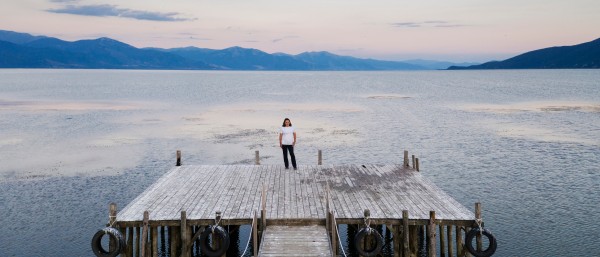
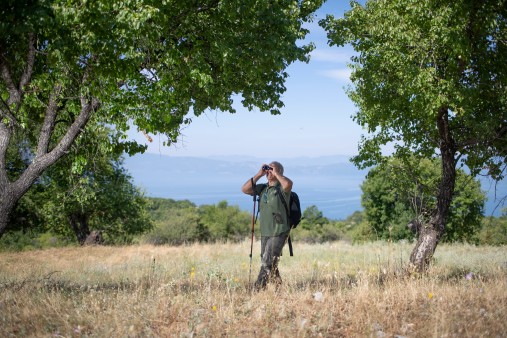
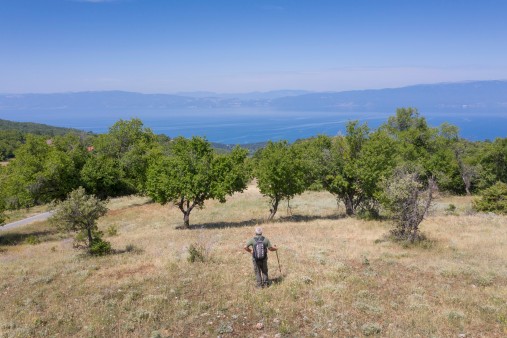
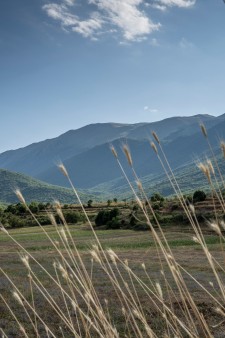
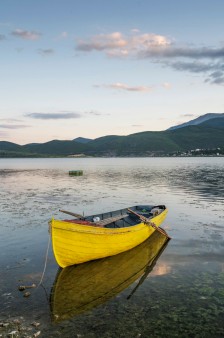
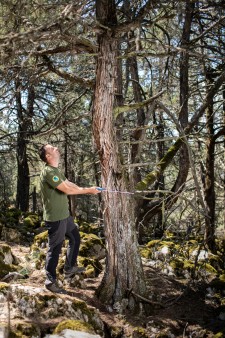
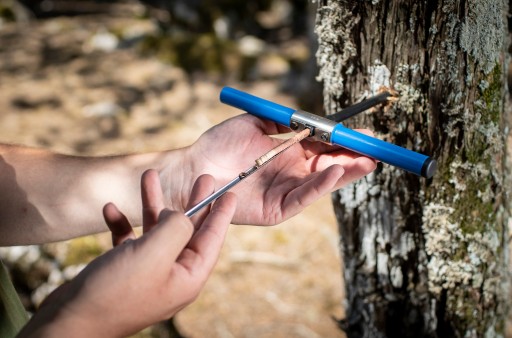
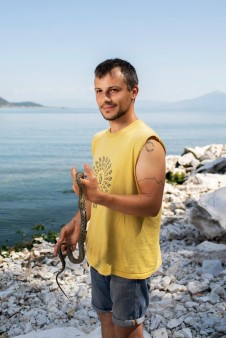
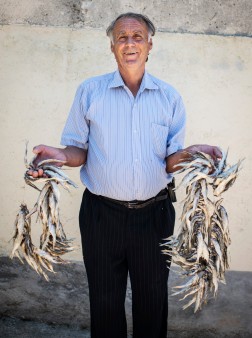
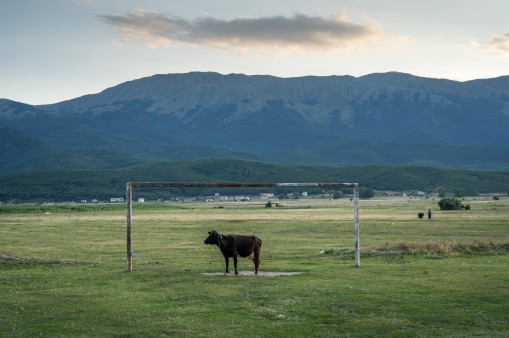
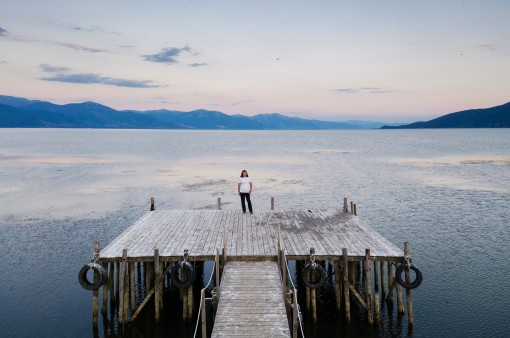










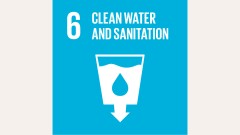
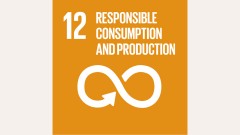
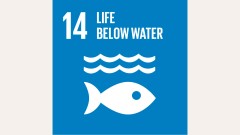
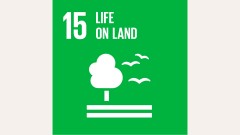
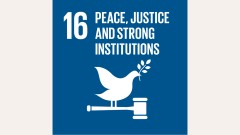
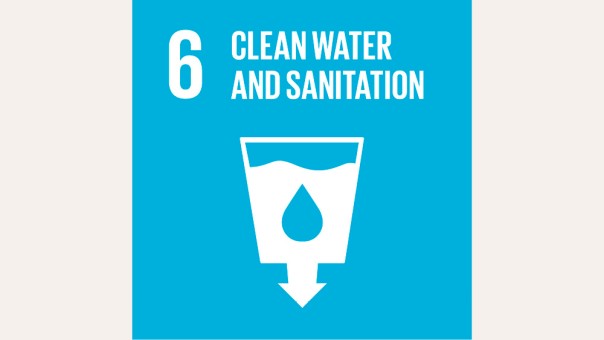
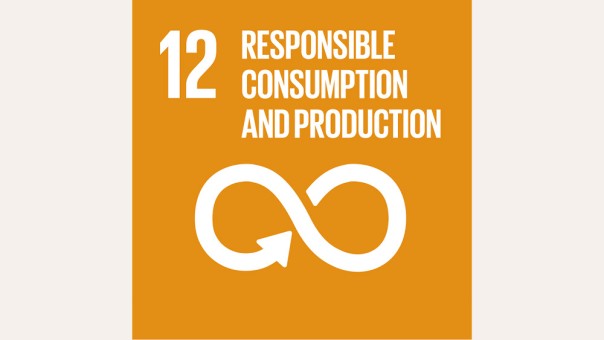
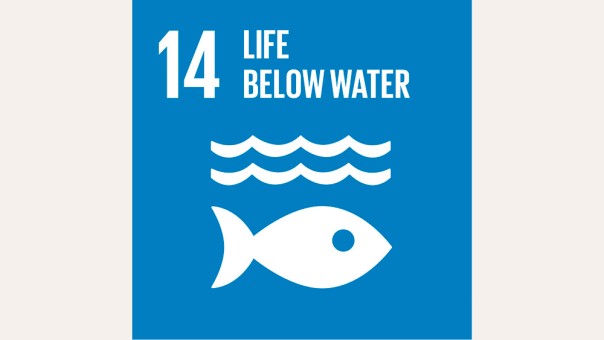
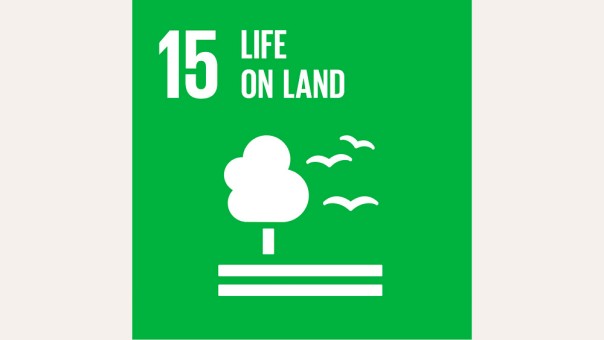
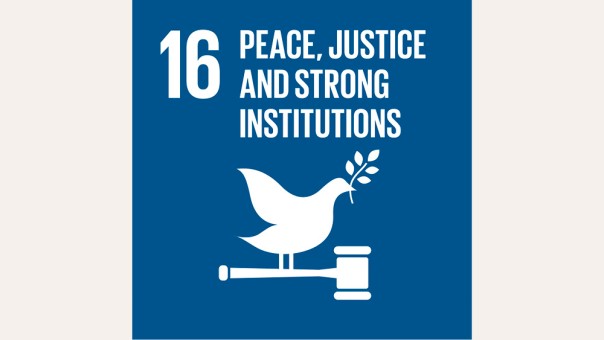
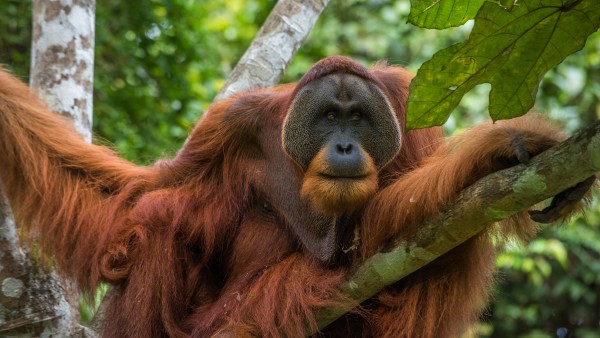
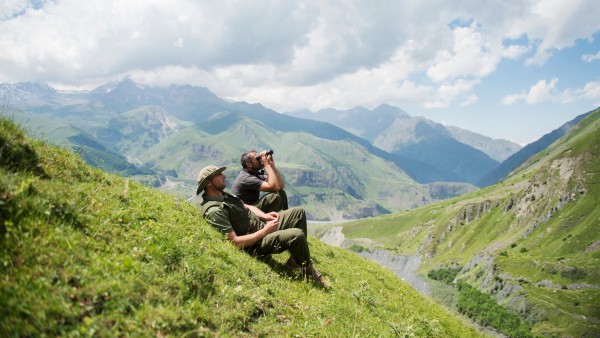
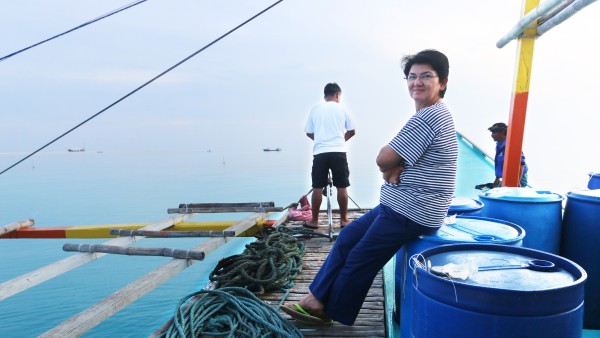
Data protection principles
If you click on one of the following icons, your data will be sent to the corresponding social network.
Privacy information